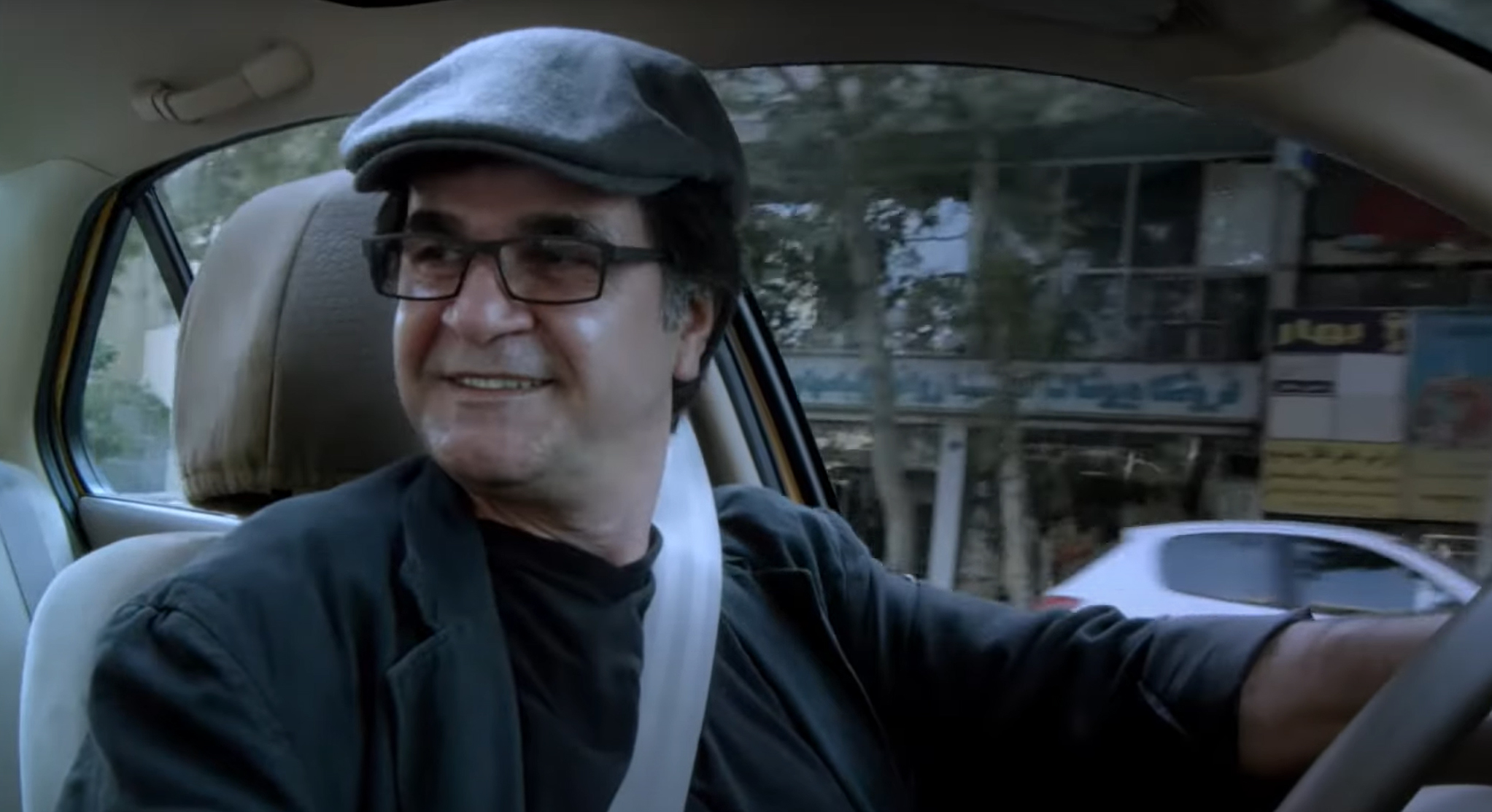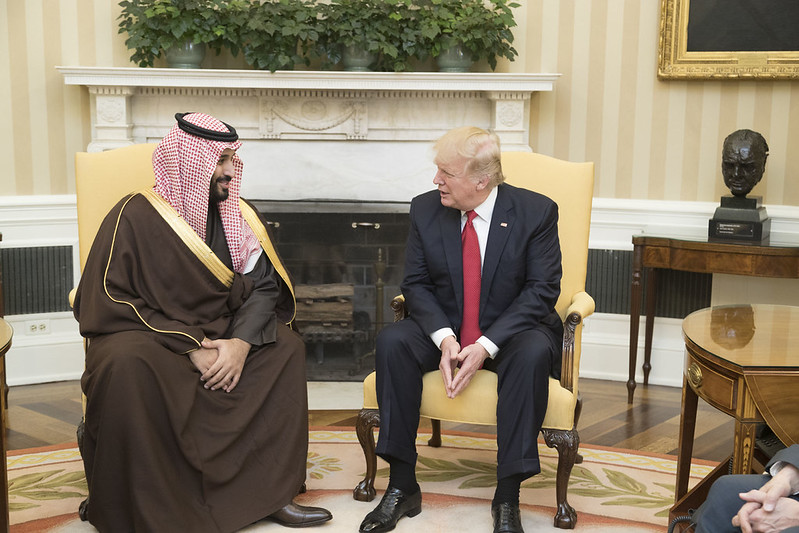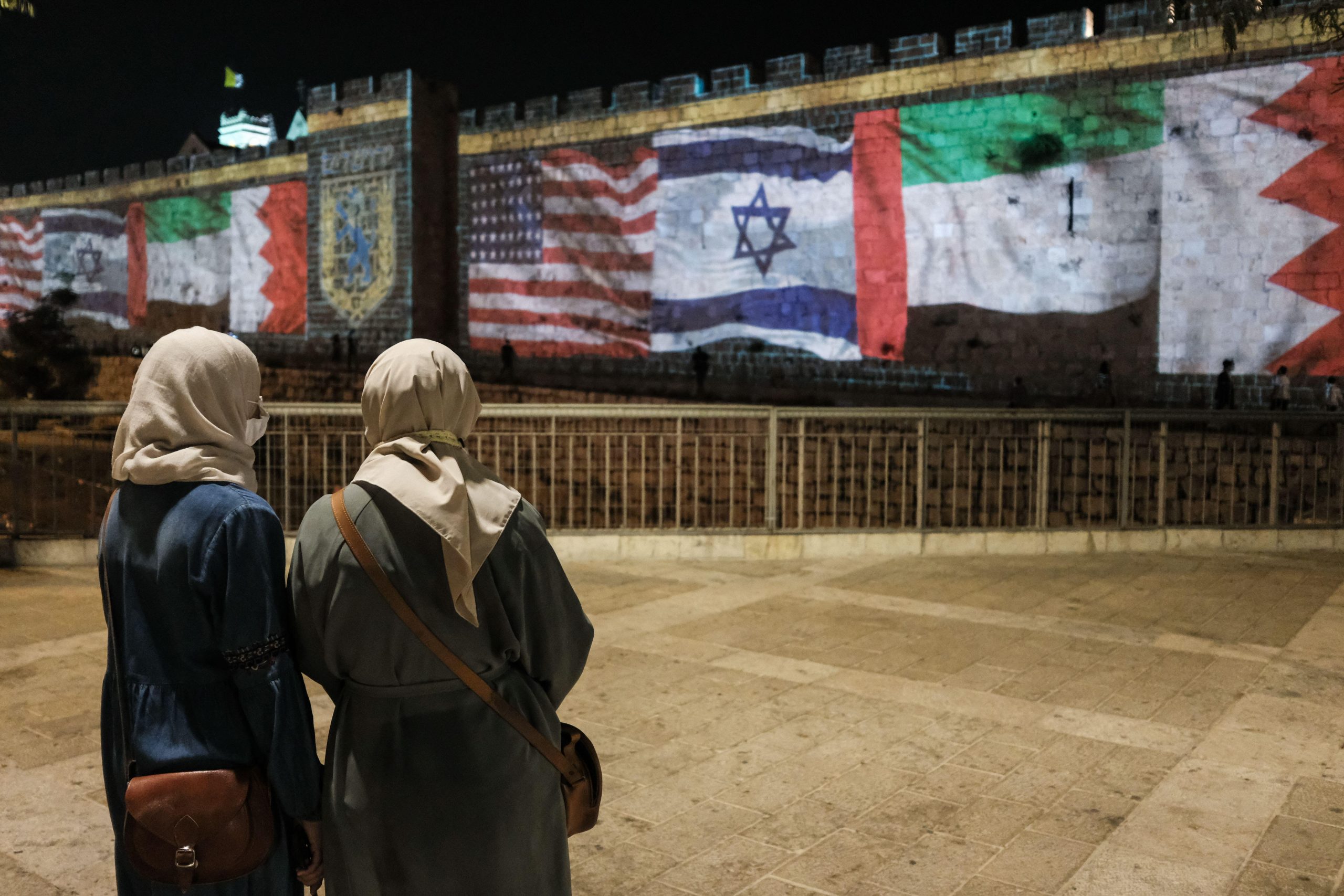Dear Anna Politkovskaya,
I am well aware that this honor, which bears your name, is not merely awarded to me personally but rather to the sons and daughters of Syria, and the 3,000 whose blood was spilled over the past 7 months by the same criminal exclusionary mentality that spilled your own blood.
I am aware that your passion for truth and the defense of human dignity, for which you gave your life, is but a link in a chain that stretches across the world, through individuals and entire peoples, all of whom believe in everyone’s right to live free of oppression, humiliation, and subjugation.
Nonetheless, bestowing this honor on me personally out of all other Syrians assumes another dimension, as it comes on the fifth anniversary of your death. It means a lot to me to receive an award in your name, Anna, as a Russian citizen — even as the Russian government continues to support the Syrian regime, which has been committing crimes against humanity for several months now; crimes that have been documented by international human rights organizations.
This vividly exemplifies that what we share in humanity transcends languages, nationalities, and borders, just as tyranny and corruption share the same essence although they differ in details.
For this very reason I believe the battle for freedom, being fought by Syrians for months now, would bring comfort to your soul: because each step forward towards peace and justice in any part of the world benefits all humanity.
I am aware, Anna, that it would have hurt you deeply to see the passage that my country is going through to rid herself of a regime that perfected criminal behavior for several decades. Under this regime tens of thousands have perished in the dark dungeons of its security apparatus, or died in massacres and were buried in mass graves. Hundreds of thousands have suffered the silent and lonely years of detention, forced to express and recite phrases of false loyalty to their hangman, day in and day out. And after all this, the regime was inherited, like a royal heirloom, from father to son, in an act unprecedented in a republic. All this occurred amidst deafening Arab and international silence, and a level of complicity rarely seen before.
The oppressed people, meanwhile, were blamed for the crimes of the tyrant.
When the Syrian people decided last March to tear down the wall of fear and stand up against the violence and humiliation imposed on them by the security apparatus, they did it alone. They did it bearing nothing but the scent of freedom that breezed from Tunisia and Egypt, and the vision of a new homeland that does not steal their being, their future, and the dreams of their children.
Since then the security apparatus has been killing unarmed civilians, whose commitment to peaceful protest has stunned the world for months. As of today, according to the Center for the Documentation of Violations in Syria, there have been 3,031 martyrs, including 192 children and 85 women and girls. These figures do not represent the actual number of martyrs, as we continue to discover mass graves and learn of the disappearance of thousands of prisoners of this revolution.
Tanks have besieged our cities and towns, military forces have bombed homes, and tortured dozens of people to death, disfiguring them and stealing their organs. Hamzeh al-Khatib, the 13-year-old boy, who was arrested, whose dead body was savaged, and whose genitals were mutilated, was but one of many similar cases.
Peaceful protesters have been arrested and killed in cold blood. Ghiath Matar, the non-violent activist, a young man of 26, died under torture 3 days after his arrest. The regime offered him death after he offered them roses and water in one of the demonstrations he was leading.
Family members of activists have been kidnapped, tortured, and executed as a form of punishment — and no one is excluded. Zeynab Al-Husni, 19 years old, served as an example of what might befall the families of activists and protesters: she was kidnapped by the security forces, tortured and killed a few days after they murdered her activist brother.
Security forces carry out mass executions day after day, we find new bodies buried in unmarked graves.
Just as we are proud, dear Anna, that you found loyal friends who kept your name alive to remind us of who you were, and what you sacrificed for the sake of truth and human rights, I wish I could recite the names of all our martyrs, one by one. And I wish I could recite the names of the tens of thousands who were, and continue to be, subject to arrest and torture.
All of them: children, women, young men, and the elderly, they all deserve to have their names honored and immortalized. For they have opened the door to freedom. They have opened a door that was closed for decades, so that we might follow them on the road ahead together and behind them.
And I would like to remind the world that the Syrian people, who were victims to all those crimes yet still patient and persistent, are people who deserve much more than complicit silence, or timid criticism from those who have failed to refer this regime to the International Criminal Court despite acknowledging its crimes.
All those activists, some of whom we know and others that we don’t, are creating a new history for their country and their region. They are creating a homeland and a future from the ashes of the violence carried out by one of the most notorious authoritarian regimes in the world.
And so, Anna Politkovskaya, we continue. We continue in your memory, and in the memory of all the other symbols of truth and freedom in the world, until freedom, justice, and democracy prevail in our Syria and the entire world.
Razan Zaitouneh is the winner of the RAW in WAR Anna Politkovskaya Award 2011.




